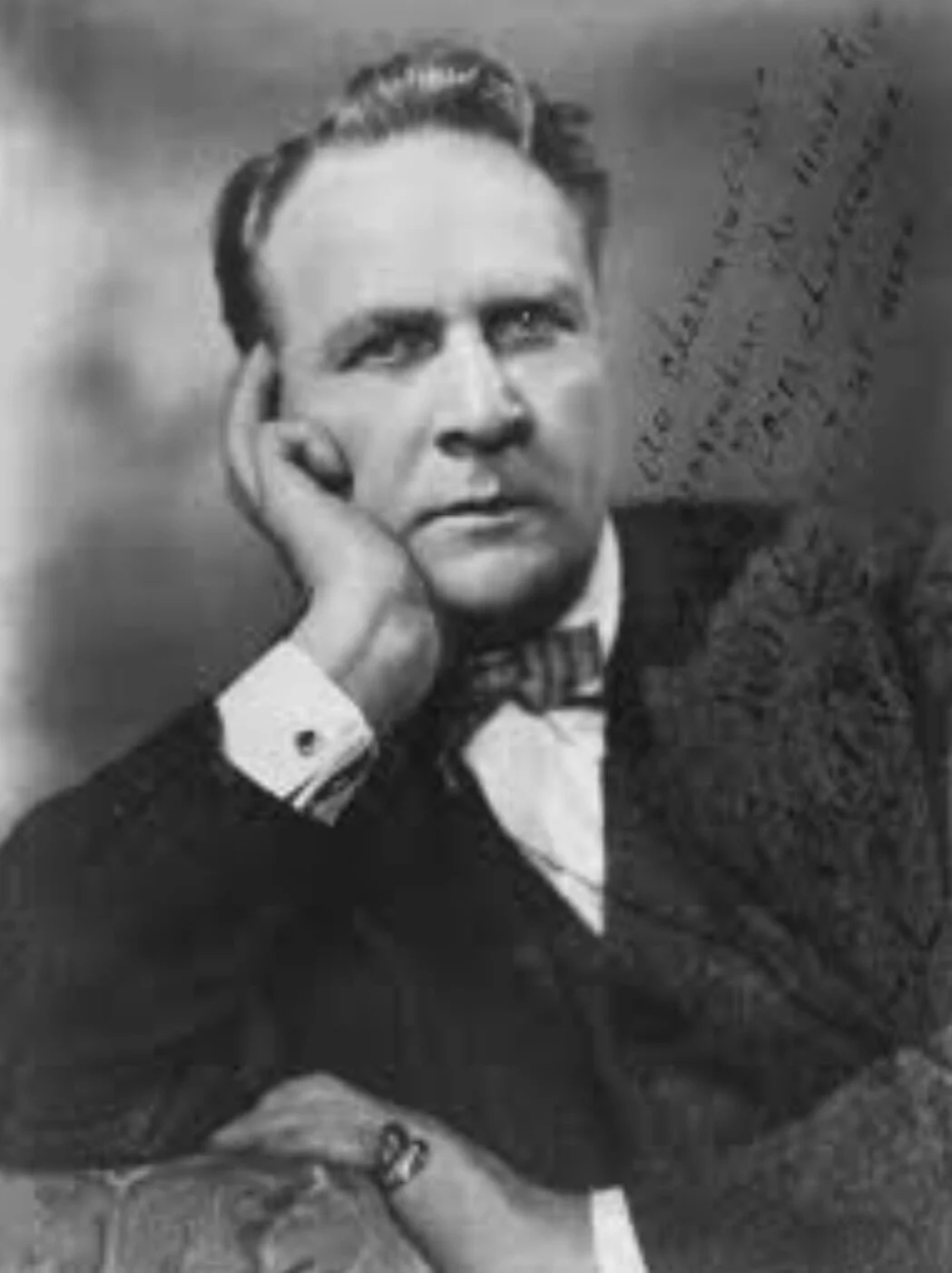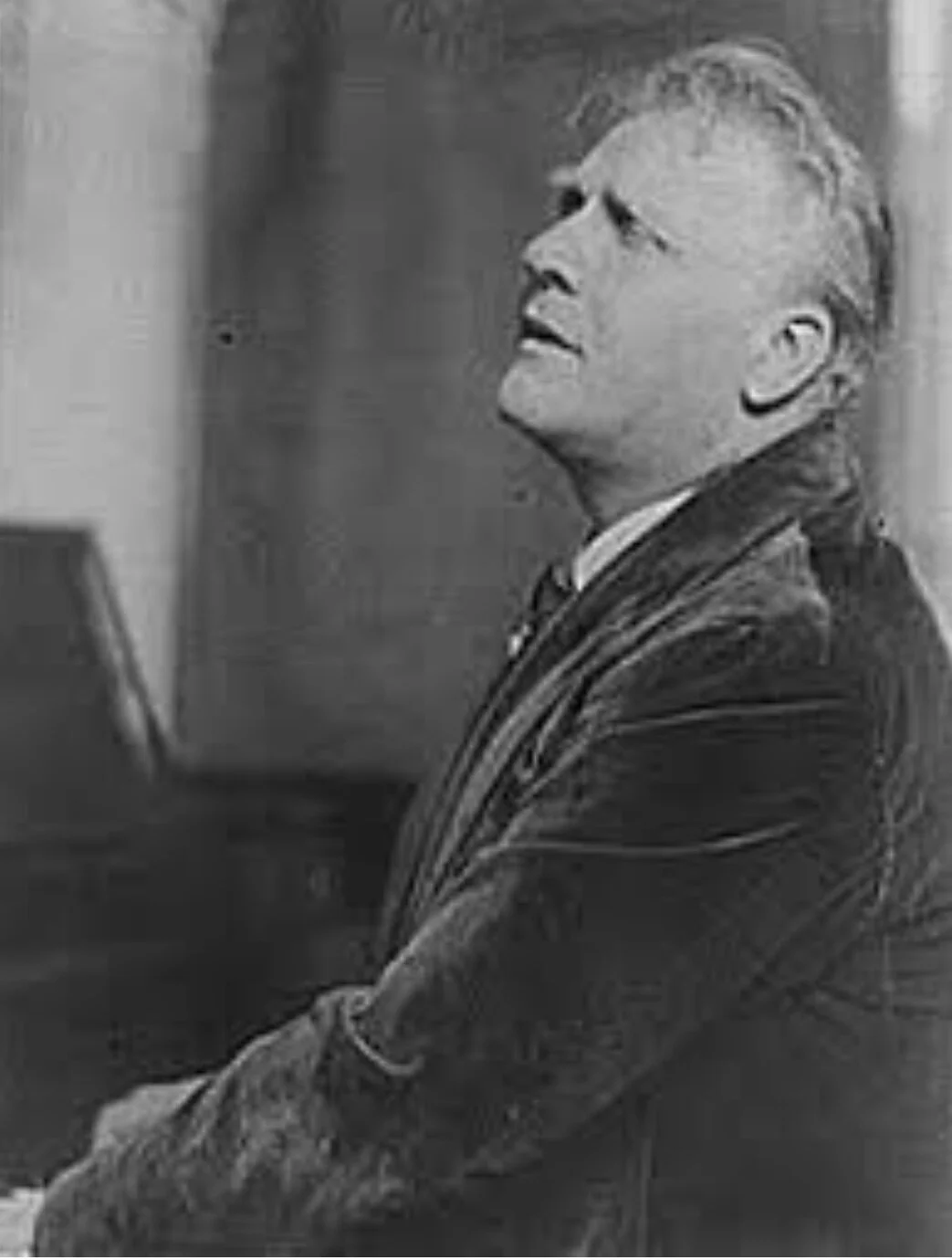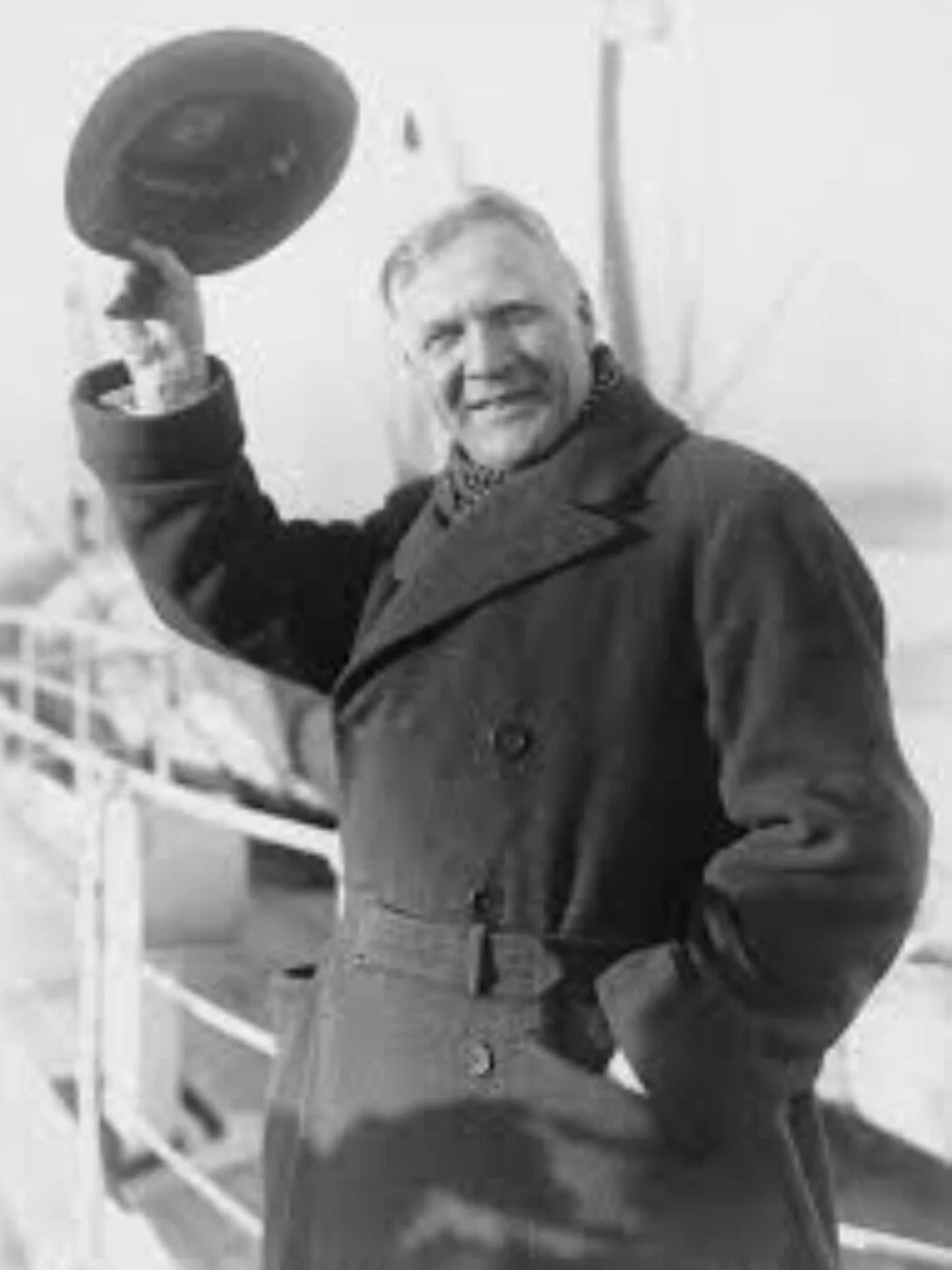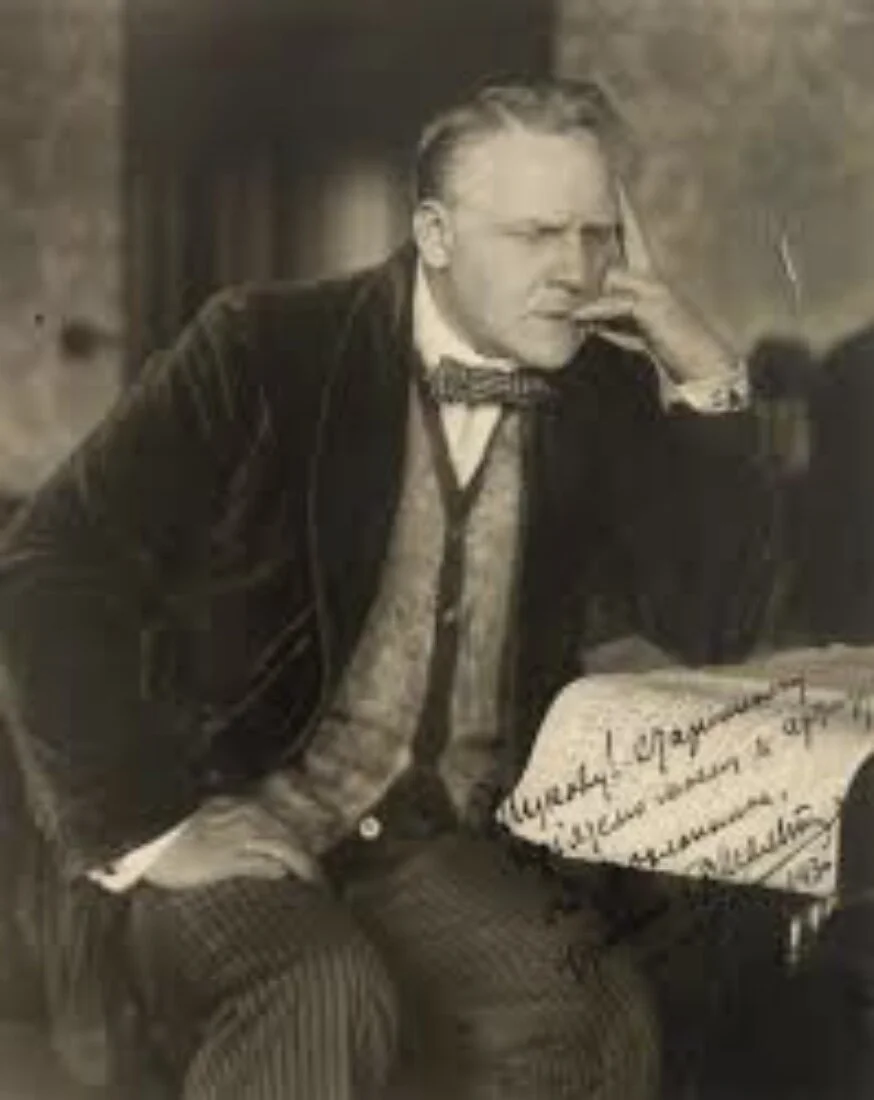Fyodor Chaliapin: Advent Calendar of Song: Day Seven
Advent Calendar of Song: Day Seven
Fyodor Chaliapin (1873-1938) remains famous as one of the supreme actors of opera, the bass who put "Boris Godounov" on the international opera map as great music drama. (I've read that he was, with Enrico Caruso and Maria Callas, one of the three singers who forced the New York Met to raise its bar for star fees. He sang the title role of "Boris G." for over thirty-eight years.) He was part of Serge Diaghilev's great enterprise of bringing Russian art to the West before the First World War, but he had already sung in the West at several leading opera houses; and sang Western repertory from Mozart to Jacques Ibert. There are live recordings of him singing Boris Godounov and other roles at Covent Garden in the 1920s, in his fifties; he's larger-than-life, and holds such long silences in one scene of "Boris" that some engineer-editors originally reduced them because they did not seem to work away from the theatre. Today some of his acting seems hammy/exaggerated, but his singing, mannerisms and all, is all based on a very considerable mastery of the breath. He follows (and is free with) bel canto principles, without ever pursuing gratuitous bella voce: other basses were more mellifluous, sang lower, did more coloratura, were more concerned with correct style, but Chaliapin creates a different sound for each character, and makes the sound of each number keep changing.
Here he is in a Russian traditional folk song, "Eh Vanka": I love its pathos, the way every line is a fresh thought, and the amazing high threads of head voice with which he ends the second and fourth verses. At no point does he try any vocal loveliness; he really seems to know how to make all the different fibres in his head and chest shape the various tones he creates. And, though he roars wonderfully on certain notes, this seems to be really a woman's song. Vanya, Van’ka, and Vanyushka are nicknames for Ivan; the song has been given the English title of “Eh, crazy-headed John!” Van'ka is apparently leaving without thinking about the consequences. The singer, apparently his wife, will now be at the mercy of her father-in-law; neither Van'ka's brother nor his friend will look after her now. One could write a whole gender-studies essay here: Chaliapin never adopts any apparently "feminine" sound, though the quiet notes are what take your own breath away as you listen. (I'm sorry about the quaintly old-style English in the translation.)
https://www.youtube.com/watch?v=L8NUV6ge7Qo
Ekh ty, Vanka, rasudala golava, da!
Rasusdalaya goluvushka, Van’ka, tvoya.
Eh, you Vanka, imprudent is your head!
Imprudent is your dear head, Van’ka.
Skol’ daleche ot’ezzhaesh’ ot meya, da!
Na kogo zh ty pokiadesh’,
Vanyushka, menya?
You leave me to go far away!
To whose care do you leave me,
My Vanyushka?
Ni nab rata, ni na druga tvoego, da! A na
Svyokra, na zlodeya, da
Van’ka, moego.
Neither your brother nor your friend
will take care of me! But it’ll be the
father-in-law, Van’ka, my enemy.
S kem ya budu etu zimu zimovat’, da!
A kem ya stanu tyomne nochi,
Van’ka, korotat? Aaaa…
With whom will I spend this long winter?
With whom will I kill the time
In the dark of night, Van’ka? Ah…



